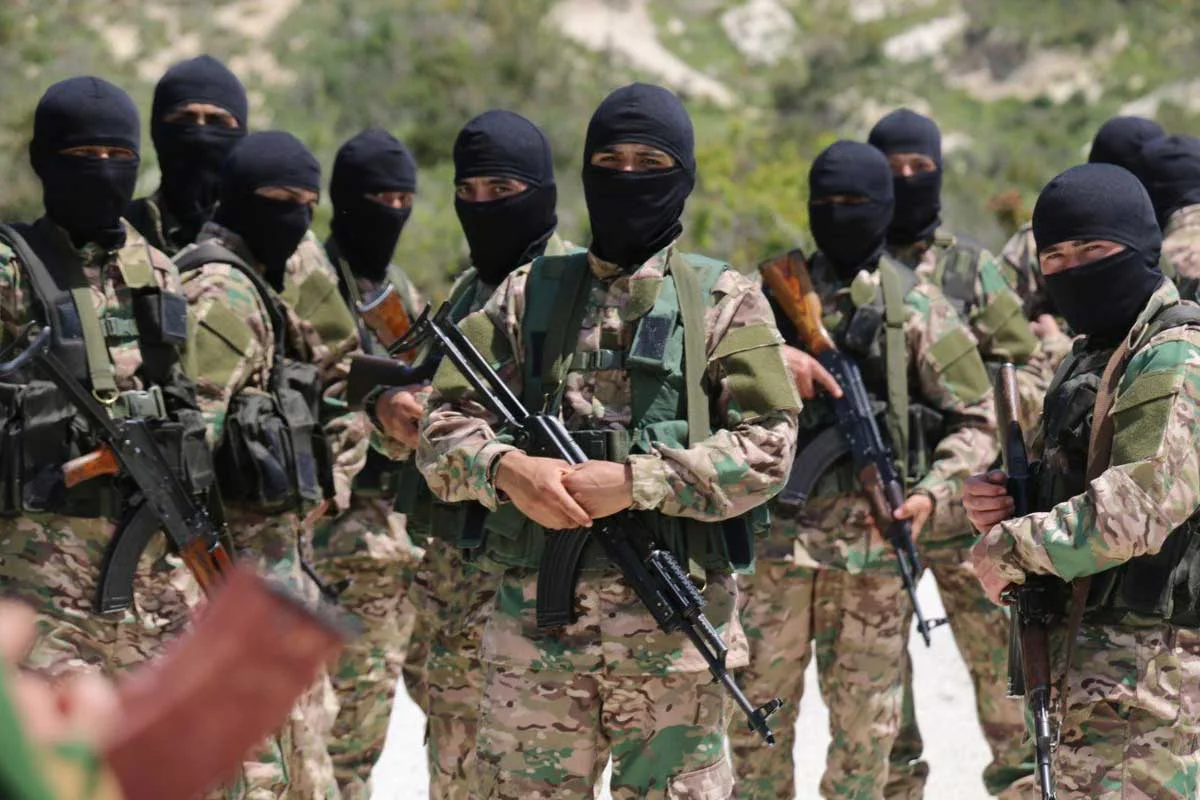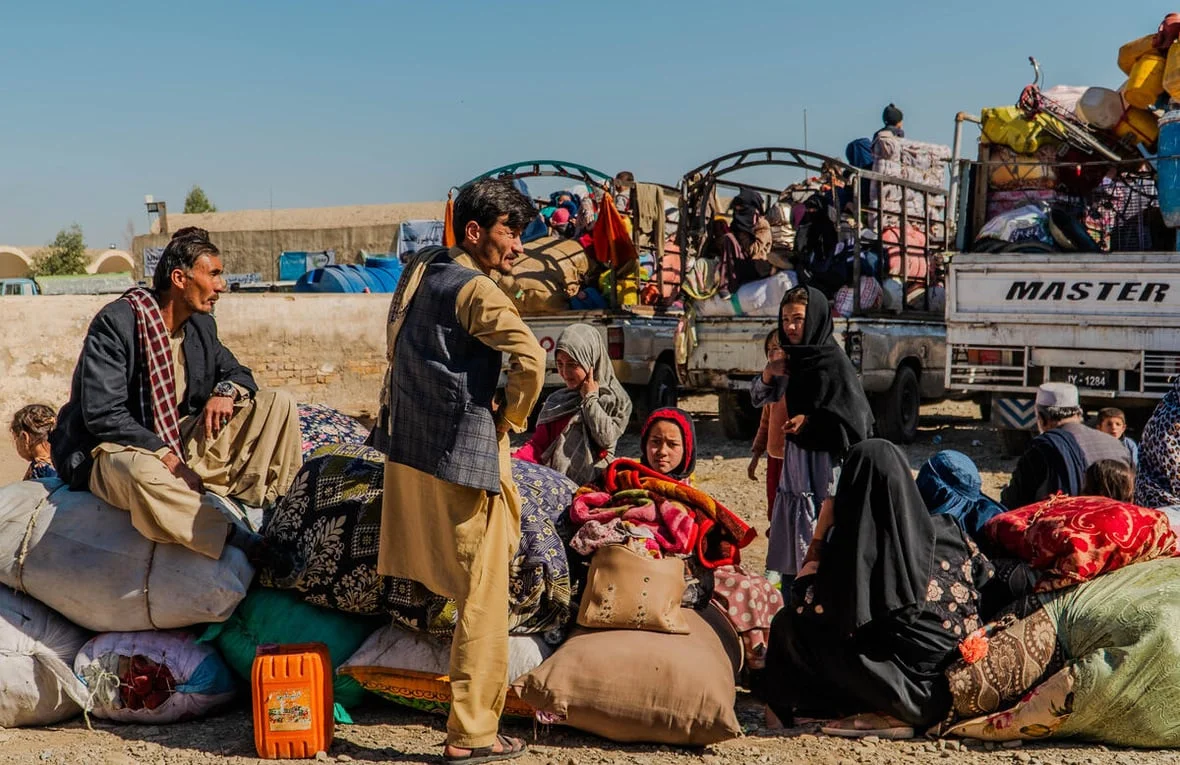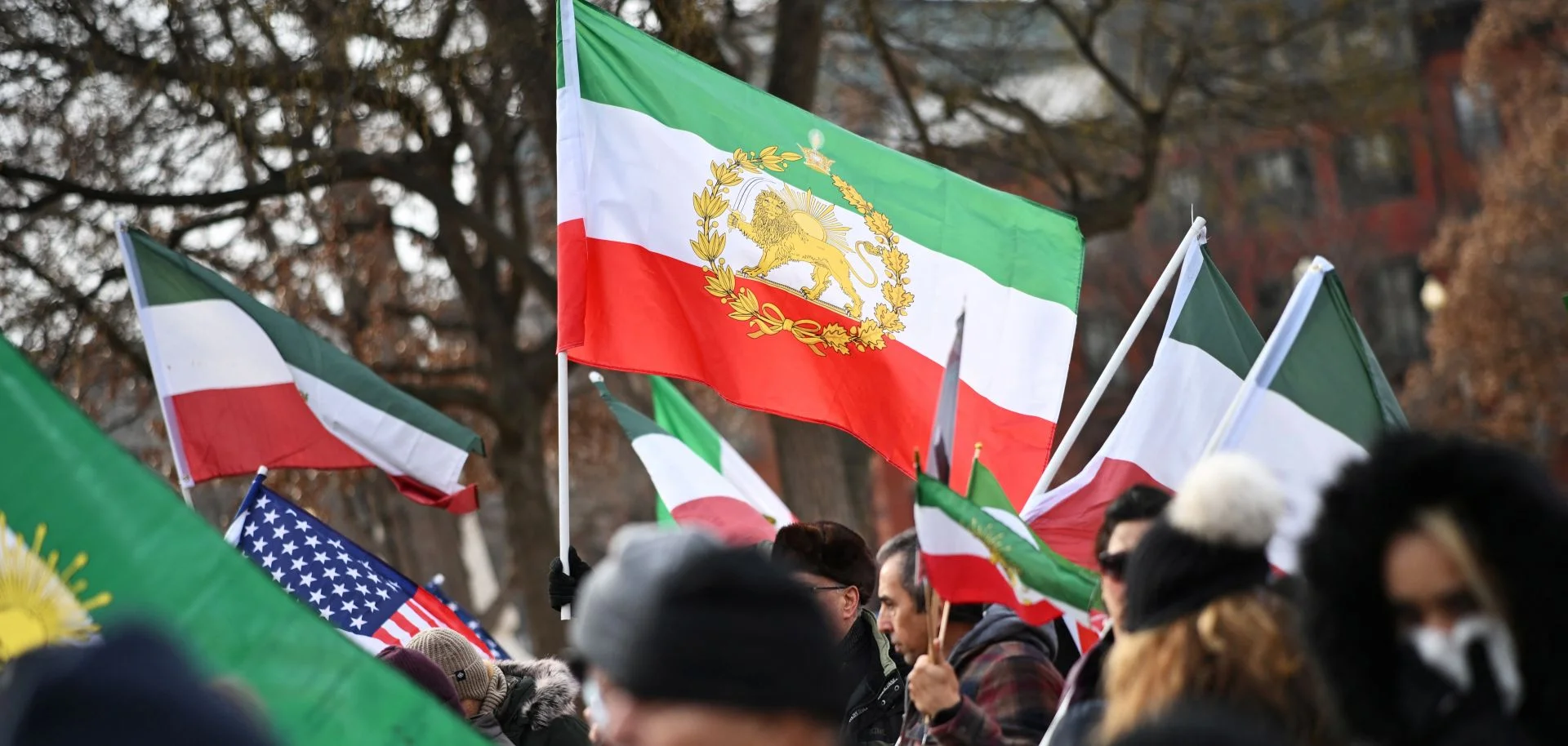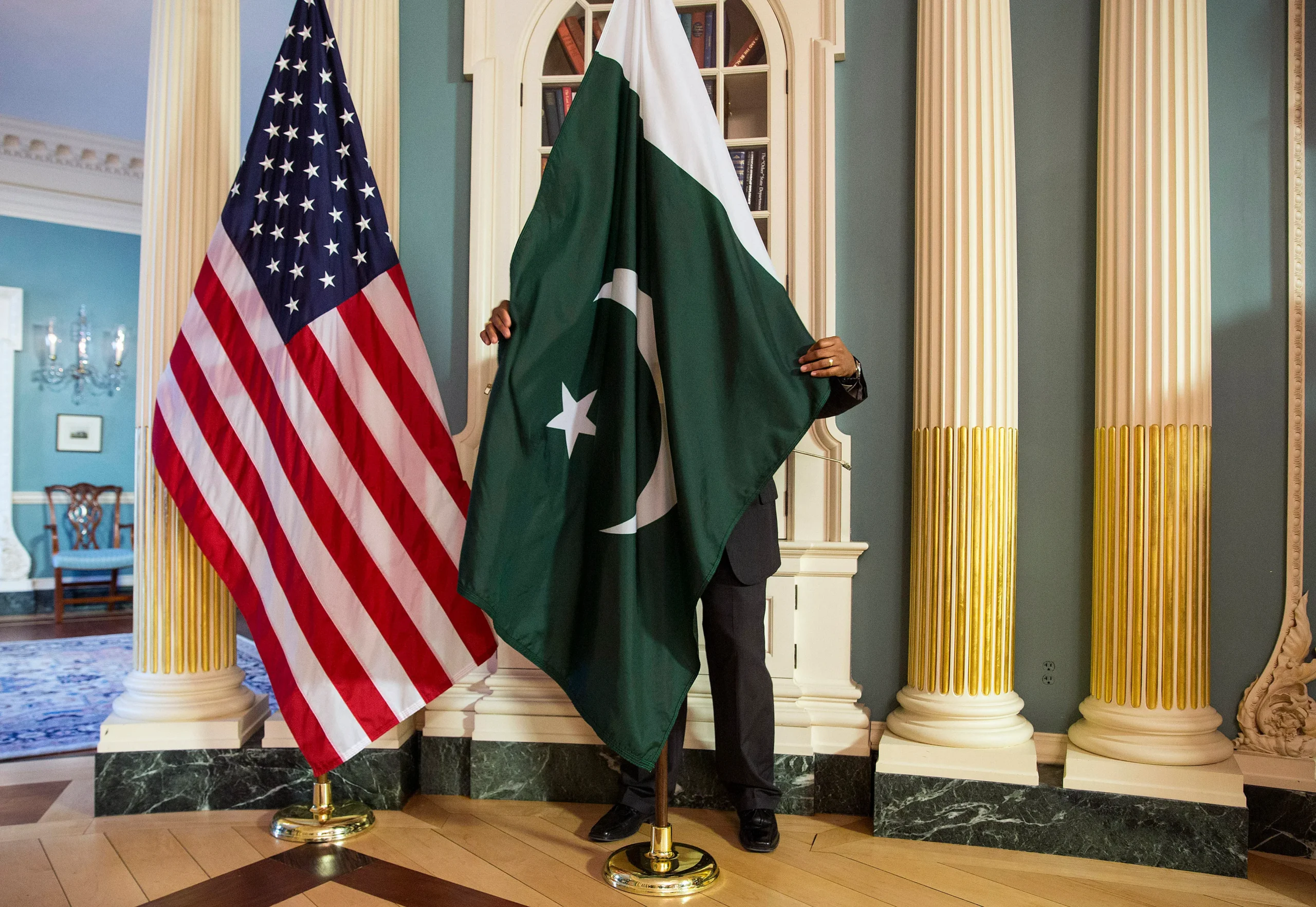In the turbulent landscape of global security, few alliances have been as complex, scrutinized, and yet as enduringly critical as the counterterrorism partnership between the United States and Pakistan. It is a relationship fundamentally grounded in the realities of modern geopolitics, where national interests converge and cooperation becomes a strategic necessity. Forged in the immediate aftermath of the 9/11 attacks, this collaboration has navigated periods of immense strain and celebrated moments of profound success. Today, as new and resurgent threats emerge from the volatile heart of South and Central Asia, this partnership is not merely a relic of a past conflict but a vital, indispensable pillar for ensuring regional stability and global security.
Since 9/11, the United States and Pakistan have maintained a multifaceted counterterrorism relationship. It has been a partnership built on necessity, marked by deep intelligence sharing, intricate tactical coordination, and robust military-to-military exchanges. While the public narrative has often been dominated by moments of friction, the quiet, consistent, and often high-stakes operational tempo behind the scenes tells a different story, one of a durable alliance focused on neutralizing shared enemies. The primary targets of this joint effort have been some of the world’s most dangerous terrorist organizations, including the Tehrik-e-Taliban Pakistan (TTP), Al-Qaeda, and, more recently, the aggressively expansionist Islamic State Khorasan Province (ISIS-K).
A Legacy of High-Impact Operations
The strategic importance of this collaboration has a long and proven history. Throughout the post 9/11 period, this partnership yielded significant results against terrorist leaders who threatened both nations. For instance, in October 2013, US forces captured senior TTP commander Latif Mehsud in Afghanistan, a major blow to the group’s operational leadership. Even more significant was the June 2018 US drone strike in Afghanistan’s Kunar province that killed Mullah Fazlullah, the ruthless TTP chief who masterminded the horrific 2014 Peshawar Army Public School massacre. His elimination on Afghan soil by the US was a direct result of the shared strategic goal of dismantling the TTP’s command structure. This legacy of crucial cooperation continued into early 2025 with the successful apprehension of Sharifullah, a key ISIS-K planner directly implicated in the August 2021 Abbey Gate bombing that killed 13 American service members. In a meticulously planned operation, Pakistani forces, acting on coordinated intelligence with their US counterparts, located and captured Sharifullah. The operation was a resounding success, not only bringing another perpetrator of a horrific attack to justice but also reaffirming the partnership’s effectiveness against today’s threats. The White House and the Pentagon were effusive in their praise, publicly commending Pakistan for its decisive and crucial role.
Deepening Trust Through Institutional Cooperation
This success was not an isolated incident but rather a testament to the renewed vigor and trust within the partnership. This sentiment was echoed by one of America’s top military commanders, General Michael Kurilla, the head of US Central Command (CENTCOM). Gen. Kurilla lauded Pakistan as a phenomenal partner, specifically recognizing its relentless and effective efforts against ISIS-K militants operating along the porous and challenging border with Afghanistan. His words carry significant weight, reflecting the view from the operational front lines where American and Pakistani interests converge most directly.
The mutual respect underpinning this relationship was further solidified in July 2025, when the government of Pakistan conferred its highest military honor for a foreign officer, the Nishan-e-Imtiaz, upon General Kurilla. This prestigious award was a formal recognition of his instrumental role in not just maintaining but significantly strengthening bilateral defense ties. It symbolized a mutual acknowledgment that, despite political headwinds, the foundational security architecture connecting the two nations remains robust and essential.
Beyond high-profile operations and official accolades, the strength of the US-Pakistan partnership is also built on a quieter, more systemic form of cooperation: capacity building. Over the past decade, Pakistan, with US support, has made significant strides in enhancing its domestic counterterrorism infrastructure. A cornerstone of this effort is the National Intelligence Fusion & Threat Assessment Centre (NIFTAC). This institution serves as a critical hub, facilitating seamless and real-time intelligence sharing between Pakistan’s numerous federal and provincial security agencies. Crucially, it also acts as a primary conduit for sharing vital information with allied partners, including the United States. This institutionalized collaboration ensures that intelligence is not just collected but is also effectively analyzed, disseminated, and acted upon, creating a more resilient and proactive security apparatus capable of confronting threats before they fully metastasize.
An Indispensable Alliance for Future Security
Looking ahead, the geopolitical landscape offers little room for complacency. The threats posed by ISIS-K, a resurgent Al-Qaeda, and various TTP factions are not diminishing. They are evolving, adapting to new realities, and continuing to plot violence that threatens not only the stability of Pakistan but also the security of the American homeland and its interests abroad. In this environment, the US-Pakistan counterterrorism cooperation, grounded in nearly a quarter-century of operational partnership, is more vital than ever. It is a critical tool for managing current risks and pre-empting future security challenges that will inevitably emerge from this complex region.
Recognizing this enduring reality, both Washington and Islamabad have recommitted to maintaining a course of steady dialogue and close coordination. This reflects the core of modern international relations, where alliances are guided not by abstract sentiment but by a pragmatic calculus of mutual benefit and shared interest. This shared understanding acknowledges that the path forward will have its challenges, but the strategic imperative to cooperate outweighs any points of friction. By reaffirming their commitment, both nations ensure that this critical collaboration remains a cornerstone of regional stability and a key component of the broader global counterterrorism strategy.






